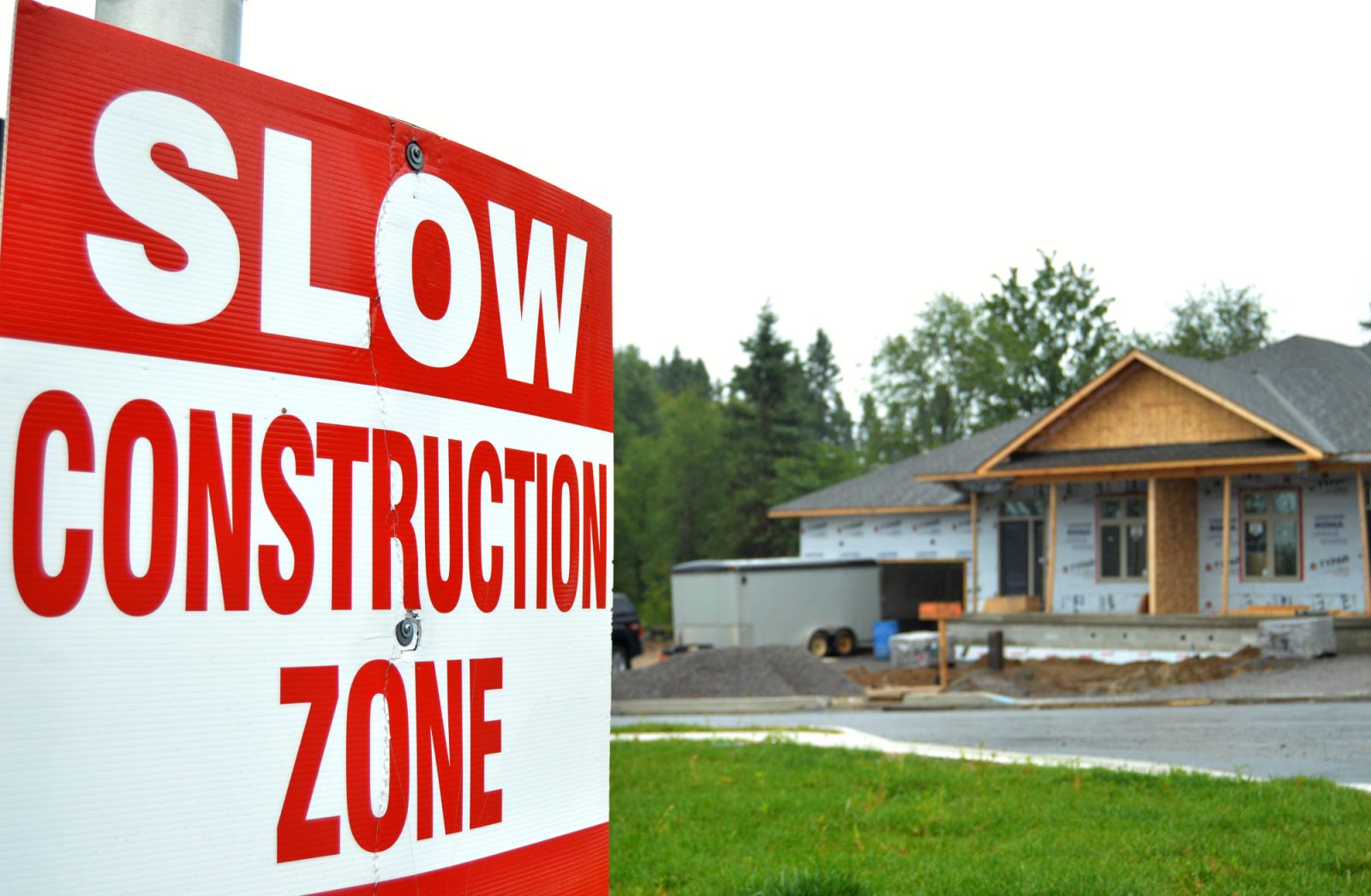 The recommendations of the Development Charges Background Study will be further discussed in a special public meeting on Wednesday, Aug. 27. A public meeting is a mandatory part of the development charge bylaw process. PHOTO BY LIAM BERTI
The recommendations of the Development Charges Background Study will be further discussed in a special public meeting on Wednesday, Aug. 27. A public meeting is a mandatory part of the development charge bylaw process. PHOTO BY LIAM BERTI
With the current development charges bylaw set to expire on December 15, the city is looking into new, strategic ways to charge property developers in the area.
Now, with the results of a Development Charges Background Study in the city's possession, the contents of the report will be subject to a special public meeting on Wednesday, Aug. 27, a mandatory requirement in order to see the bylaw be passed.
“We need to find out what our recommendations are versus the developers’,” said Coun. Tanya Vrebosch, chairwoman of general council. “We’ve tried to work with them and tried to find a middle ground.
“I think it’s a great compromise that we’ve found and we might hear some different opinions and see some amendments,” she continued. “It will be a great conversation, to say the least.”
The entire Development Charges Background Study includes 13 recommendations, many of which revolve around creating incentive for builders to develop smaller, more affordable housing options.
Going into the meeting, Mayor Al McDonald has made it quite clear that a priority needs to be placed on encouraging builders to develop with first-time homeowners and retirees in mind.
The study recommends that the definition of entry-level dwelling be changed from “1,050 square feet or less” to “1,200 square feet or less” and be charged 60 per cent of the $9,814 development charge rate in effect for detached and semi-detached units.
Also, the report recommends that a new category of development charges be established for detached and semi-detached units greater than 1,200 square feet but less than 1,500 square feet. These units would be charged 80 per cent of the development charge rate in effect for detached and semi-detached units.
Under the current bylaw, staff has noted there is little reason to develop smaller, more affordable units when the development charges for a 1,500 square-foot home and a 3,000 square-foot property are the same.
“The report recommends that we’re going to be forming a more tiered approach, not just a one size fits all model,” Vrebosch explained.
The first two years of the new bylaw would see the fees be held at their current rate, after which the maximum calculated rate would be phased in over the remaining three years.
Vrebosch said the new plan also promotes building where the city already has existing services. Infill construction, as it is referred to, would not require the constructor to pay for the engineered services portion of the development charge.
Additionally, development of land located in the Downtown Improvement Area will be exempt from the charges.
Also included in the new plans could be a deferment of fees until occupancy permits are issued, which would free the charges for three years. Under the current bylaw, fees are due when a building permit is issued to the developer.
Development charges were introduced in the Development Charges Act in 1997, providing municipalities with the power to apply development charges to pay for increased capital costs related to growth. They also help the city pay for infrastructure such as roads, wastewater services, police, fire and transit, to name just a few.
As the report states, the principle behind development charges is that “growth pays for growth.” The city has imposed development fees since the Act was instated.
The city’s current development charges bylaw expires on December 15, 2014, meaning the new bylaw must be approved prior to that date in order for the city to continue collecting the fees.
Hemson Consulting Ltd. was hired to determine the new rates and presented an update to council on July 14, at which time council was told that the city could hike its residential development charge up $4,000 from its current maximum fee of $9,814.
The study uses population growth forecasts and growth related capital projects to calculate the new rates. In total, the report cost the city $40,000 from the Development Charges Reserve Fund.
When comparing detached and semi-detached unit charges in the city with similar sized municipalities, North Bay is at the lower end with their current charges and would continue to charge less than most with the maximum calculated fees in the new bylaw.
Sault Ste. Marie, Timmins and Thunder Bay do not pay development charges. When the charges aren’t collected, the cost is generally levied on the taxpayer.
“Even if we brought in the full calculated rate being recommended by staff, we would still be lower than Orillia, Sudbury and Peterborough,” said Vrebosch. “When we’re at our max, we’re still going to be about $3,000 lower than Sudbury.”
The full list of recommendations can be viewed at the City of North Bay website.


